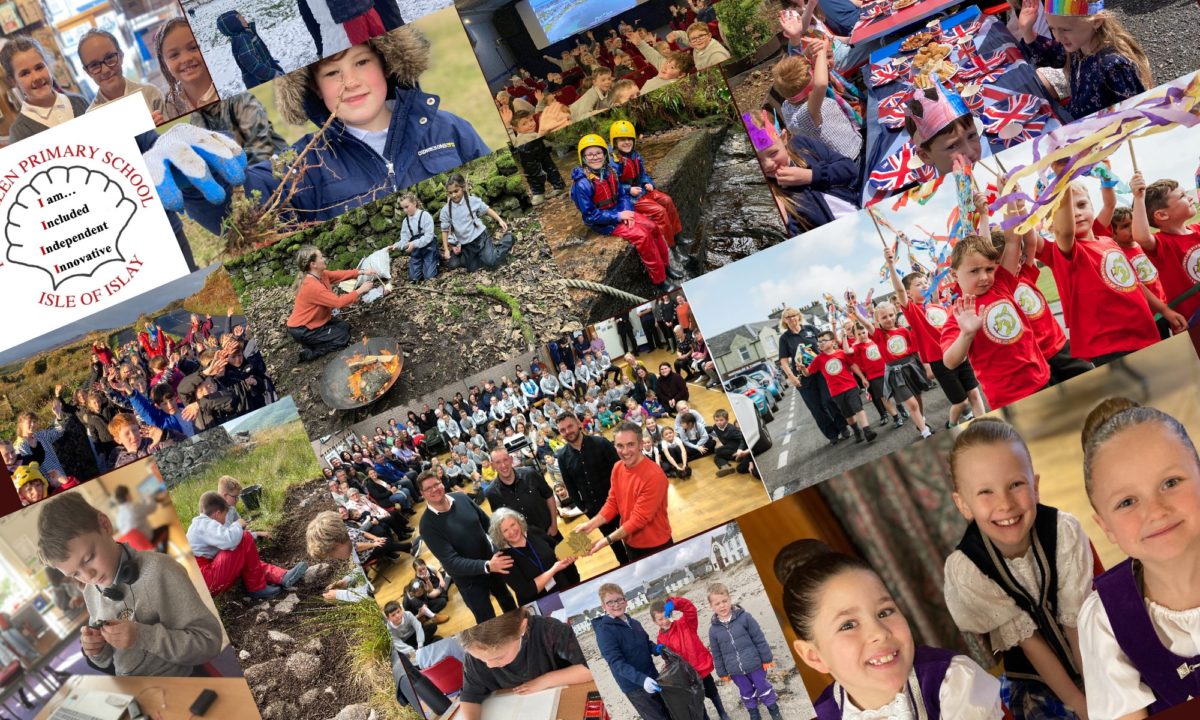In class, p7 have been learning to convert fractions, decimals and percentages, we have been focusing mainly on fractions and decimals. Fun Fact: If in a decimal, a number is repeated lots of times, like 1/3 is 0.33333333 etc. you would write 0.3 with a º above the 3.
We have learned lots more, like :
1/4 is 0.25 so 2/4 would be 0.5 you would keep doubling until you got to 4/4 which is 1.00
1/2 is 0.5 which is equivalent to 2/4
1/5 is 0.2 so 2/5 would be 0.4 .
1/6 would be 0.166
1/10 would be 0.1 because there is 10 10ths in 1
We have also been learning to convert percentages to decimals for example:
20% as a decimal is 0.2 as a fraction is 1/4
25% as a decimal is 0.25 as a fraction is 1/5
50% as a decimal is 0.5 as a fraction is 1/2
75% as a decimal is 0.75 as a fraction is 3/4
80% as a decimal is 0.8 as a fraction is 4/5
100% as a decimal is 1.0 as a fraction is 1/1
These are just some of the vast array of fractions, decimals and percentages in the known world. Hope you found this intreaging and interesting. hopefully you have learned something new.
By Anwen and Izzy 🙂
 Port Ellen’s Primary 7’s went on an Endeavour trip to Bowmore to share their Endeavour with Bowmore’s Primary P5-7 to inspire them and help new ways to improve their Endeavour. They came around different tables talking about what they wanted to do for their Endeavours and how Port Ellen can help and give them some good tips. They also asked questions about their Endeavours and what good skills and strategies they could use to help them. In the end we ended up playing bonding games and making new friends.
Port Ellen’s Primary 7’s went on an Endeavour trip to Bowmore to share their Endeavour with Bowmore’s Primary P5-7 to inspire them and help new ways to improve their Endeavour. They came around different tables talking about what they wanted to do for their Endeavours and how Port Ellen can help and give them some good tips. They also asked questions about their Endeavours and what good skills and strategies they could use to help them. In the end we ended up playing bonding games and making new friends.










